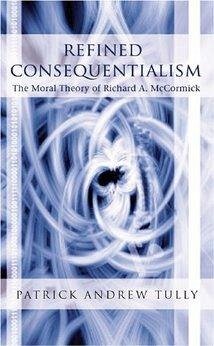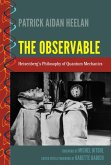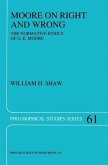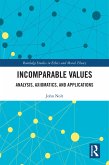Refined Consequentialism critically examines the moral vision offered by the late Richard A. McCormick, the premier American Catholic moral theologian of the post-Vatican II era. Taking a philosophical approach to a debate carried on primarily by moral theologians, the author presents a forceful case that McCormick's brand of proportionalism belongs in the ranks of consequentialist moral theories. In doing so, the author stakes out a clear position on one side of a crucial debate that goes to the heart of the Catholic and Christian moral tradition. This book may serve as a text in both undergraduate and graduate courses that deal with contemporary Catholic (and secular) moral thought. A broader public - one interested in the history of moral theology and in the ethical-theoretical underpinnings of the current debates within the churches on euthanasia, supporting pro-choice politicians, and removal of nutrition and hydration from gravely ill patients - will also find this book of great interest.
Dieser Download kann aus rechtlichen Gründen nur mit Rechnungsadresse in A, D ausgeliefert werden.
«'Refined Consequentialism: The Moral Theory of Richard A. McCormick' makes a significant contribution to the literature focusing on contemporary debates within Roman Catholic moral theology over the proper way to determine whether human actions are morally good or not. The introductory chapter is concerned with the meaning of 'consequentialism' in contemporary ethical discussions, and the second traces the development of 'proportionalism,' which in reality turns out to be a form of 'refined proportionalism,' through such Catholic authors as Peter Knauer, Joseph Fuchs, Louis Janssens, and McCormick. The third chapter is a very patient and comprehensive account of McCormick's own sophisticated version of proportionalism, making it clear that McCormick's proportionalism is indeed a 'refined consequentialism.' The final two chapters provide, in my opinion, an excellent critique of McCormick's proportionalism and his consequentialitic defense of intending so-called pre-moral or non-moral evil for the sake of a 'proportionate' good.» (William E. May, Michael J. McGivney Professor of Moral Theology, John Paul II Institute for Studies on Marriage and Family. Washington, D.C.)









